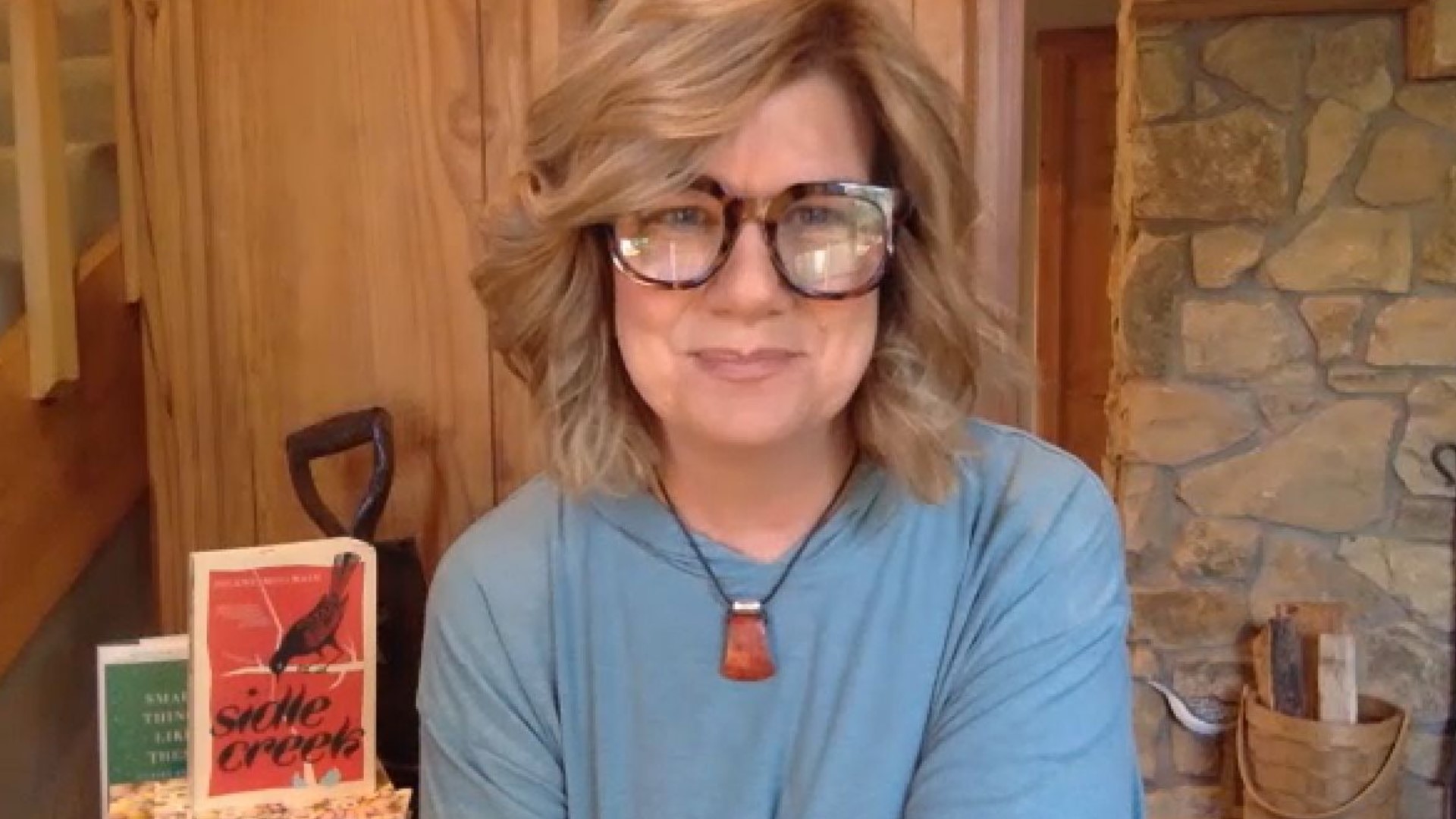ARMSTRONG COUNTY, Pa. — Author Jolene McIlwain grew up in western Pennsylvania, an experience she says shaped her life—and her writing.
March’s FOX43 Book Club pick tells the stories of Pennsylvania's blue collar towns like the ones in rural Appalachia, where the writer was born, raised and still lives.
“That was the crux of what I was trying to do with a lot of my stories: just sort of figure out a more rich and nuanced and more correct version, in some ways, of what we normally see,” McIlwain said.
“Sidle Creek” is a collection of short stories that McIlwain wrote to pay homage to her heritage.
“I didn’t have a lot of books in my house growing up, but I had so many characters in my life in the way of visitors to my mom and dad’s home," the author reminisced. "They opened up their house to everyone, and everyone was invited to come in and tell their stories. Either around the campfire, around the kitchen table. And I listened and overheard so many different kinds of storytelling."

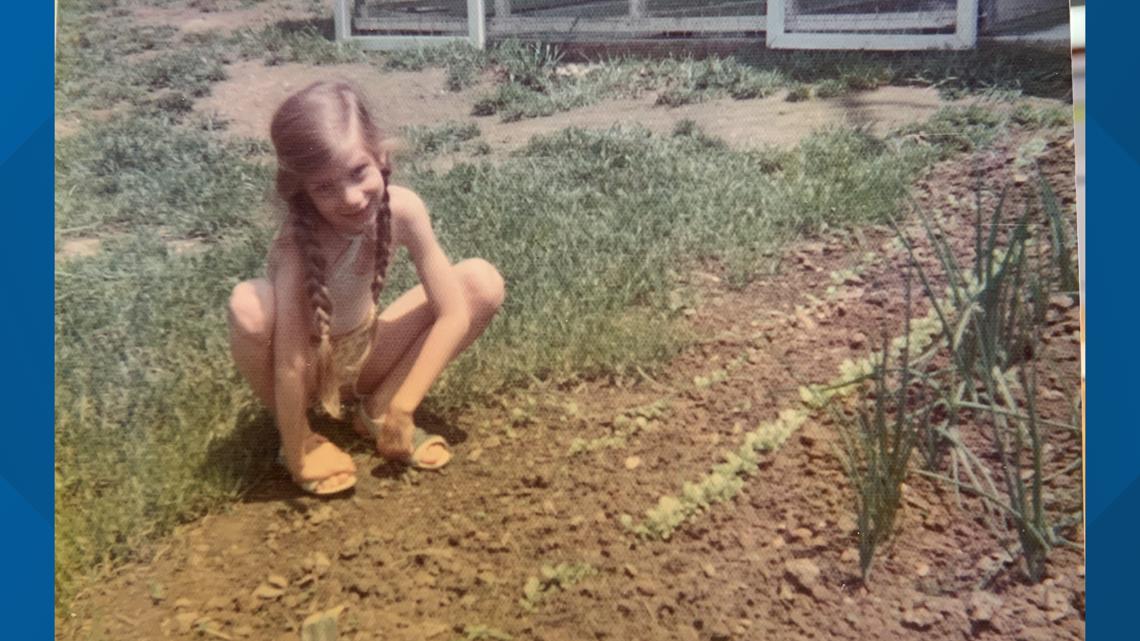
McIlwain, like many of the residents of this area of the state, comes from a hard-working family. Her grandfather moved from Sicily to America in order to work in the coal mines.
“Most of my family has been working class," McIlwain said. "My mom was a rural letter carrier and my dad was a Teamster truck driver, and now I’m married to an excavator.”

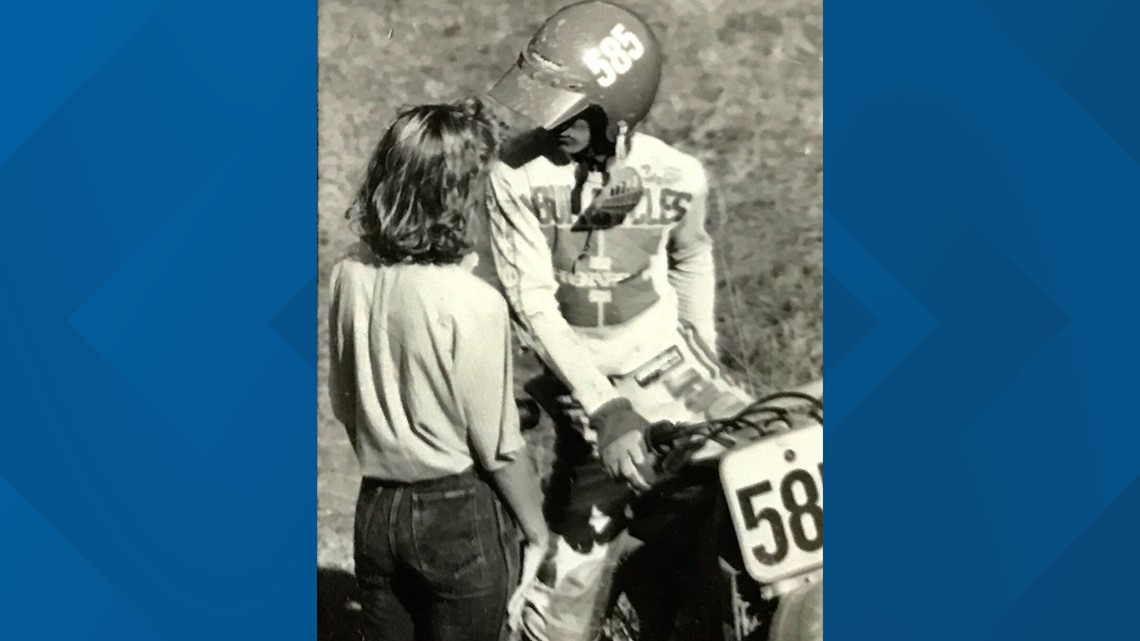
The author had a stint as an x-ray technician and a nearly 20-year teaching career at Chatham and Duquesne. She lives in Armstrong County, about 35 miles north of Pittsburgh, an area plagued by stereotypes that the author challenges in her writing.
“So I hope that by reading 'Sidle Creek,' people will look at the people that they might have had misconceptions about, and look more deeply into their internal lives, and maybe think a little more about their own internal lives," the author said. "And when they meet someone at the store or on the road, maybe they’ll have a little more of an open-minded way of dealing with each other.”

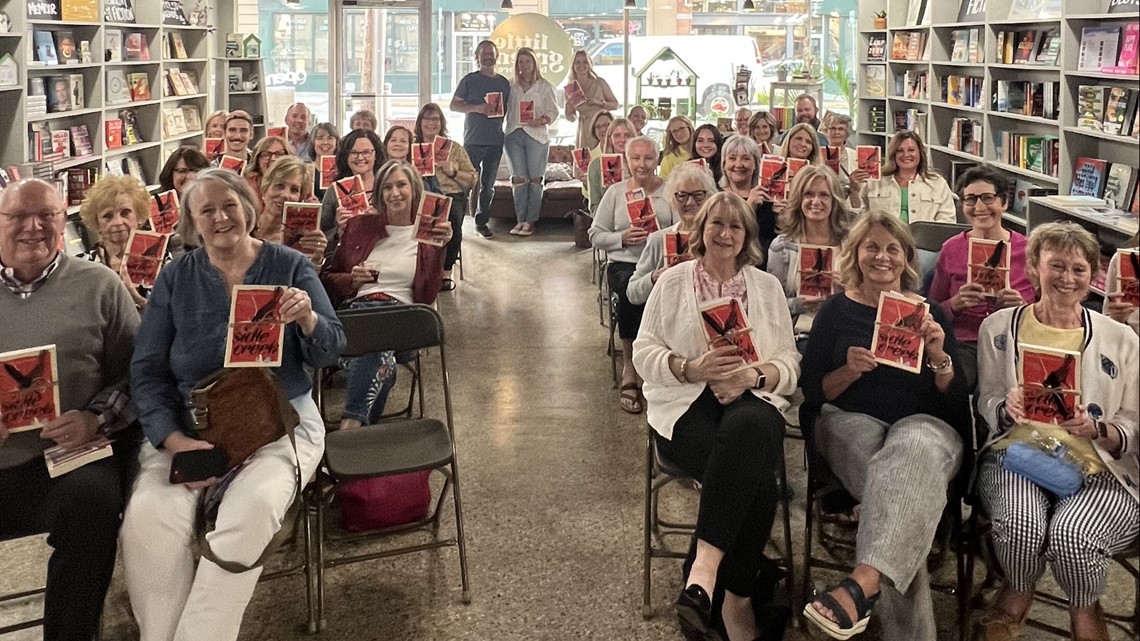
McIlwain's interest in showing the world the inner lives of blue-collar men who are often viewed as tough, gruff and closed off came from watching her father deal for 20 years with the effects of a stroke he had right around the same time her son was born.
“That whole entire time when my son was growing up, I was really noticing a lot about what it meant to be an older man with a lot of deficits that was, before that, a very virile, very active person," she explained. "And then I was watching my son grow from a little boy into an adult, into a man. And I started really thinking a lot about how men in Appalachian areas—or at least a rural area where I came from—there were a lot of stereotypes attached to men in my area. And I wanted to render a different kind of man. Maybe he looks like what you would think of stereotypically on the outside, but his internal world is much more rich and much more nuanced than sometimes we see in the media. So I really tried to work on stories that would show this internal life of a lot of men and boys.”

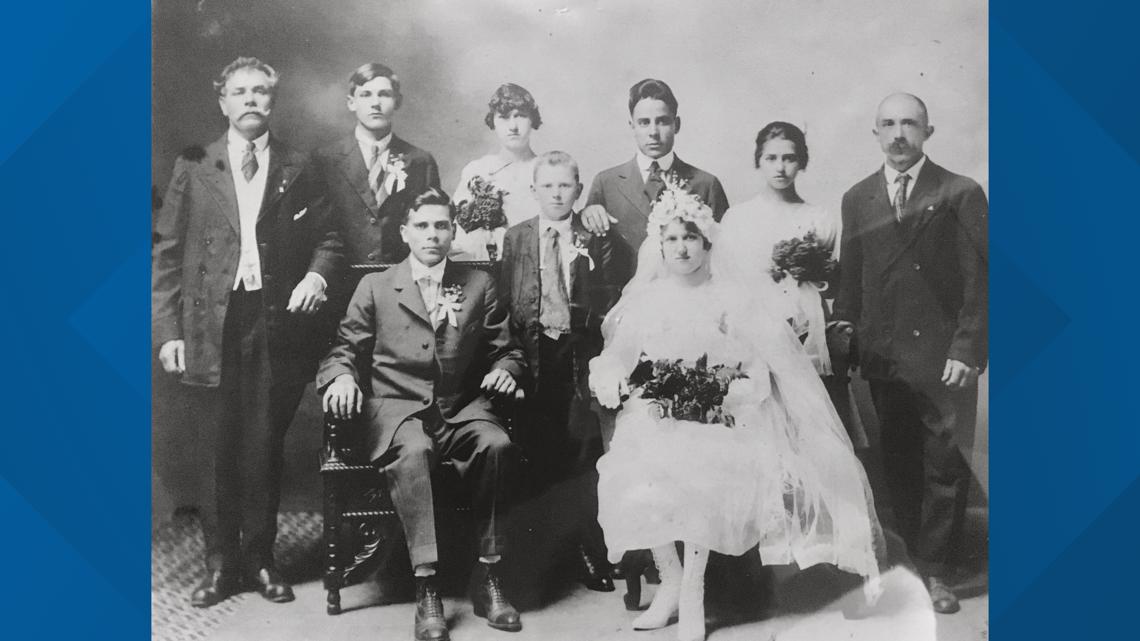
Striving to show the internal lives of working class men led her to write about the issues women face as well, drawing on her own experiences.
“I wasn’t real sure about writing personal essays because I loved that sort of veil of fiction that you can kind of hide behind, but I was encouraged by my writing group to write some essays about my own personal experience, and it was tough, you know, it’s very revealing, and you think ‘well who wants to hear about me, my story is not that interesting, whatever,' but I did find that some of the pieces that I had written about infertility that I had suffered with for a while—and I have endometriosis—so something when you write about women’s issues and conditions, you’ll have people reach out to you, and that’s been amazing,” the author said.
McIlwain was drawn to writing short stories and essays because she was already using them in her career as a teacher. She wrote several academic theory essays as a professor and found that for the classroom, short stories often have the same format as full novels—exposition, climax, resolution; moral themes and character development—but are a more convenient and digestible length for teaching purposes.
“There’s such rich writing out there in short stories,” she said.

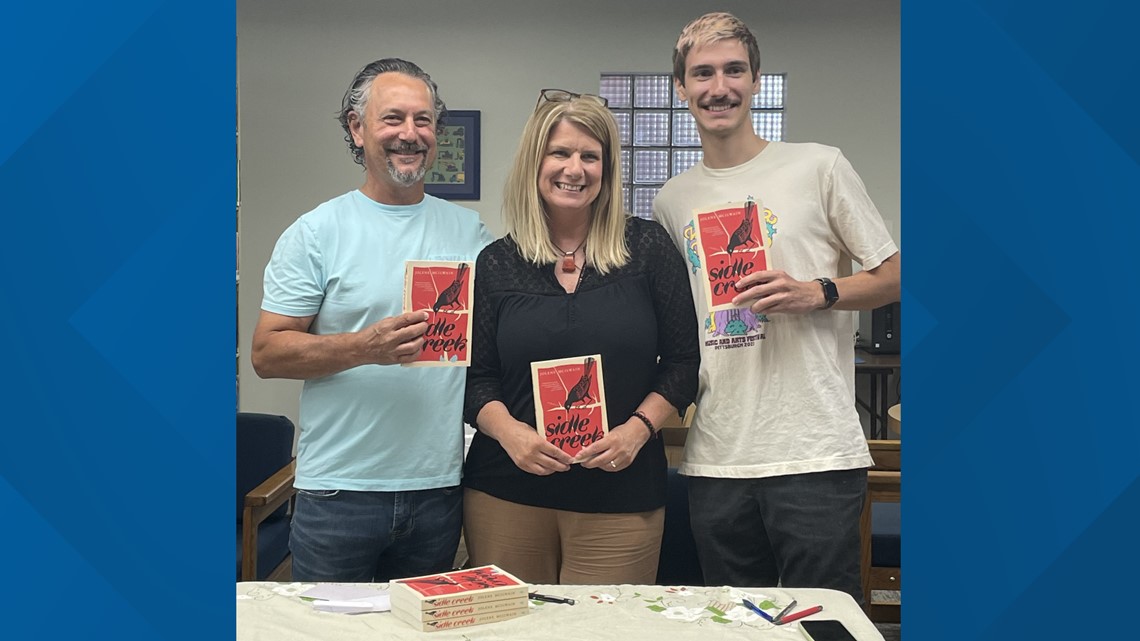
When the author started seriously writing her own prose, she pulled some story ideas from a brainstorming notebook she started when she was in school—and still goes back to it for inspiration to this day.
“I had like this weird path to becoming a writer," she said. "I didn’t have the confidence, I think, until I started reading pieces that were written by other regional writers… and when I started reading their work, then I started thinking—and I was encouraged by my teachers—I need to write about my area. So really it was a lot of my teachers in college who pushed me toward it.”
McIlwain hopes that people who are interested in regional writing aren't deterred by the niche aspect of these kinds of stories.
“I think it is important, and right now more than ever, the people who are from the area writing about the area are probably going to give it the best chance because it’s going to be the most authentic way of rendering the scenes and rendering the lives of the people, so it’s an exciting time,” she espoused.

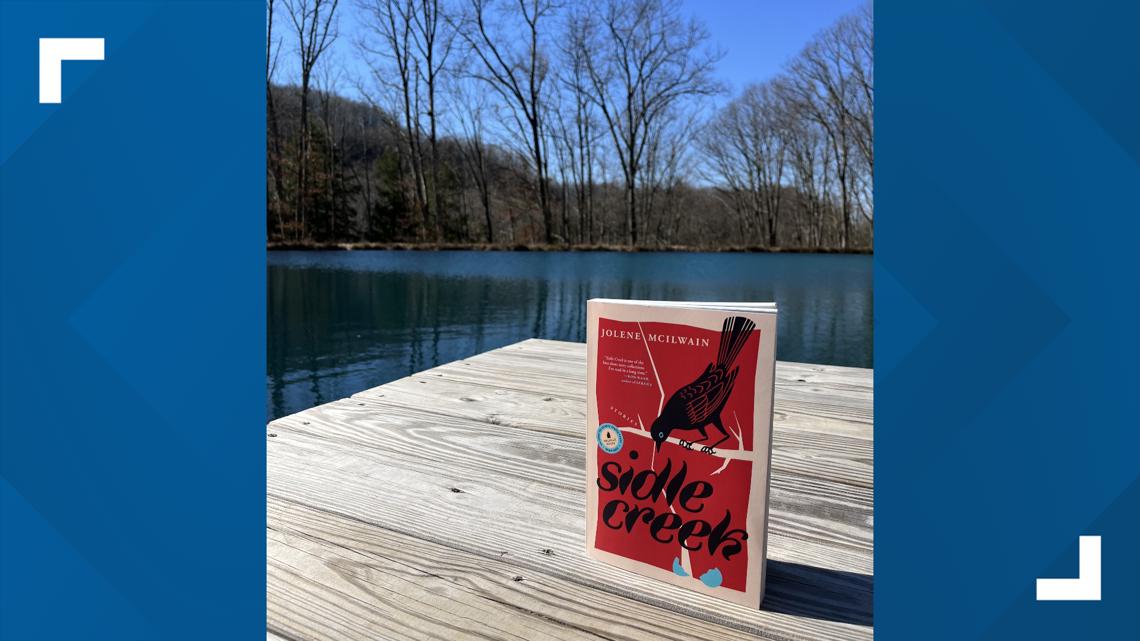
McIlwain says although she is considered a regional writer, her stories can apply to anyone.
“Just because it’s marketed as a book about Appalachia, don’t think that you can’t find something that you can relate to, even if you’re living in the city,” she cautioned.
In fact, the message she hopes people take away from "Sidle Creek" is one that can resonate anywhere:
“I think, for me, the most important thing that we need to all be concentrating on right now is that we need to come together as people, in our neighborhoods, and in person, and virtually, because we’re so divided,” she said.

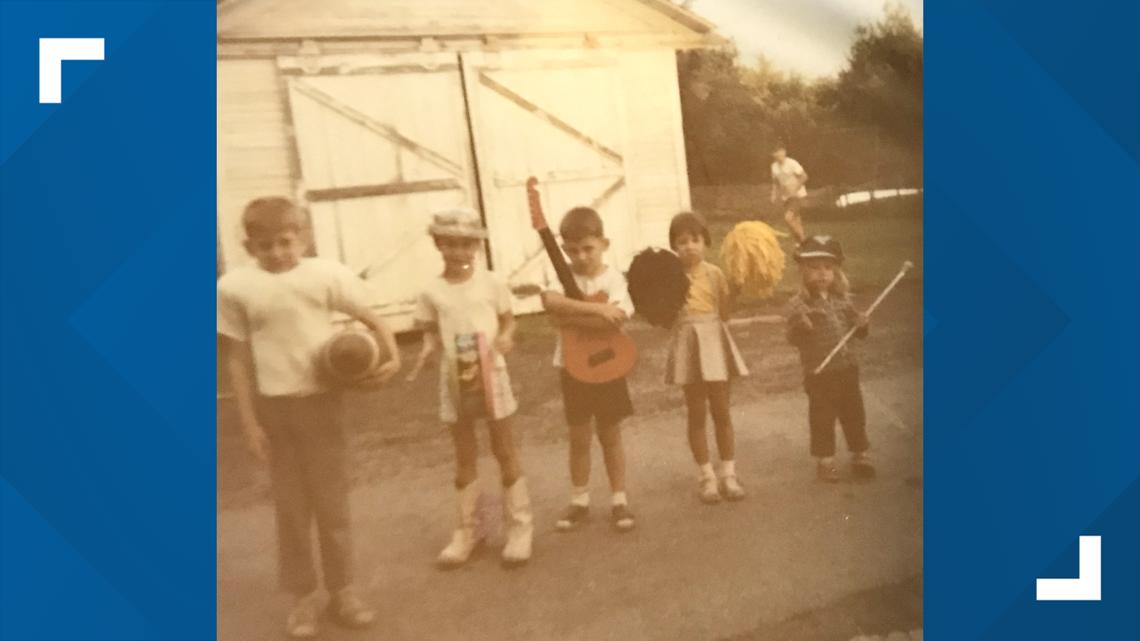
McIlwain encourages aspiring authors to write whenever they can, even if they can't dedicate a full day to putting pen to paper. She says she often used to voice-record notes during her long commute to work.
“I’m writing a lot in my head… I did a lot of writing in sort of non-traditional ways," McIlwain said. "But a typical writing day now for me is like that. I get a lot of interruptions. But I find that if I take like a 25-minute part of my day and just turn on a timer, set it for 25 minutes, and write, I get a lot accomplished in small bursts.”

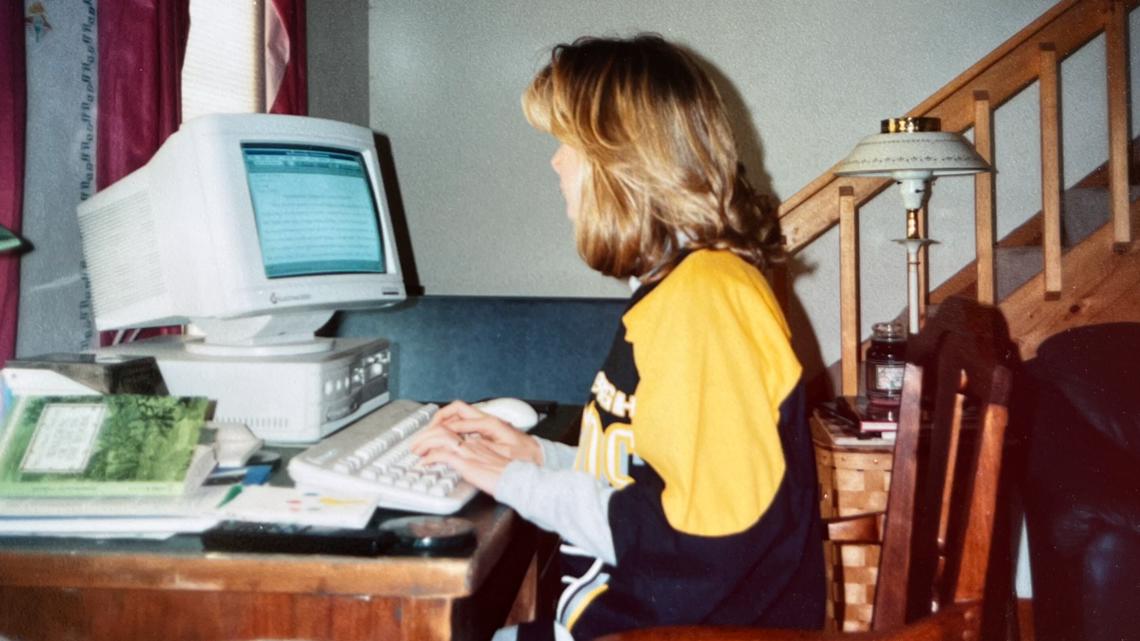
McIlwain is currently working on three more projects, including a nonfiction piece about the deep connection she felt to water while growing up as an "outside kid" and a cold case-type novel about a young man who goes missing. The author talks more about her life, stories and regional writing journey in the full interview below.


